Keywords: Plenary Council
-
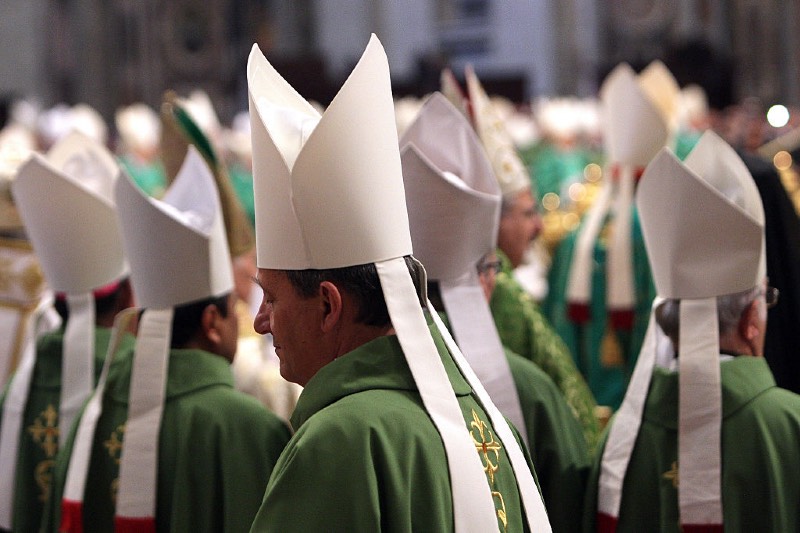
RELIGION
- Andrew Hamilton
- 03 June 2021
58 Comments
At first sight the recent Vatican announcement that a forthcoming synod would be delayed was non-news. All synods are considered boring, and a synod on synodality sounds entirely self-referential. Yet the announcement was significant. The synod will take up much time and energy of Catholics at the local, diocesan, national and international level for almost three years.
READ MORE 
-

AUSTRALIA
- John Warhurst
- 20 May 2021
38 Comments
Modern Australian society is infected with imported terms. The list includes political correctness, identity politics, culture wars, woke and virtue signalling. They are often not used in a neutral fashion, but to denigrate the legitimate views and opinions of others.
READ MORE 
-

AUSTRALIA
- Kate Moriarty
- 29 April 2021
3 Comments
There seems something profoundly feminist in the act of running a political meeting in the midst of family life. One of the barriers to female participation in politics (and elsewhere) is family commitments. Doris’s brand of radical hospitality changes this.
READ MORE 
-
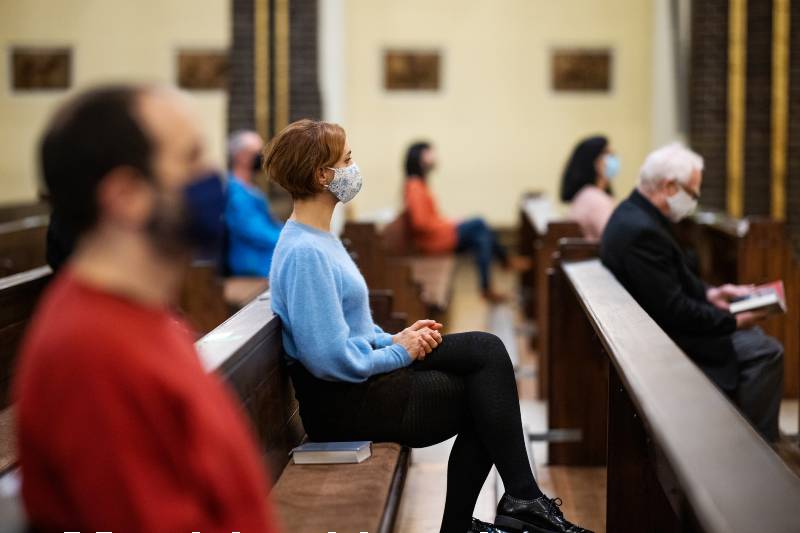
RELIGION
- John Warhurst
- 22 April 2021
72 Comments
The biggest test for the Plenary Council, now less than six months from its first meeting, is to reconnect with the Catholic community. The elongated nature of the lead up and growing apathy have made that difficult, yet it remains essential.
READ MORE 
-

RELIGION
- John Warhurst
- 25 March 2021
108 Comments
Continuing the Journey, the working document (or instrumentum laboris), is another stepping stone towards the Plenary Council (PC). How you view this document, provided explicitly both to those few hundred called to be PC participants and to the whole Catholic community, depends very much on your expectations.
READ MORE 
-

RELIGION
- John Warhurst
- 25 February 2021
56 Comments
Two documents from and about the church in Australia issued in December last year should be compulsory reading for all Plenary Council (PC) delegates. They offer crucial insights into the state of the church in Australia, and taken together they paint a picture of church inertia and decline.
READ MORE 
-

FAITH DOING JUSTICE
- John Warhurst
- 15 December 2020
6 Comments
The work of Catholic social service agencies should be celebrated within the church. Its peak body, Catholic Social Services Australia (CSSA), which has been savagely cut recently, has successfully matched wits with governments for over sixty years and its member agencies continue to serve the community selflessly.
READ MORE 
-
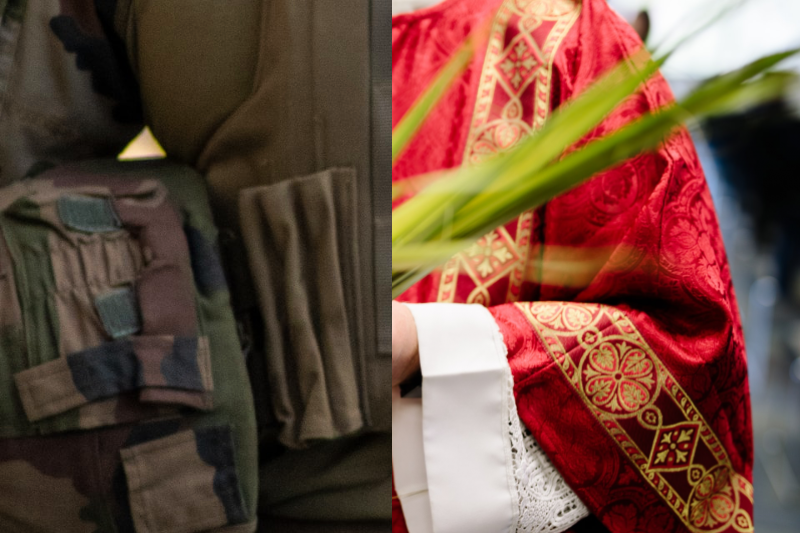
AUSTRALIA
- John Warhurst
- 01 December 2020
31 Comments
The Australian community and its government are struggling to come to terms with the extremely serious allegations against members of the SAS for their alleged criminal misconduct during the war in Afghanistan. At the same time, we Catholics are experiencing a bad case of déjà as there are many echoes of how we felt when the Royal Commission into Institutional Responses to Child Sexual Abuse (RC) began in 2013.
READ MORE 
-

MEDIA
- Peter Donnan
- 19 November 2020
66 Comments
Author Gideon Goosen estimates the percentage of those involved in reform groups in Australia is 5 per cent or less. Given the passivity of the laity, his view is that reform proponents should seek to engage the 40 to 45 per cent who might change their thinking. What forums or media, with sufficient audience reach and influence, facilitate respectful discussion of change in the Catholic Church?
READ MORE 
-

RELIGION
- John Warhurst
- 05 November 2020
67 Comments
There is a good reason why the term Australian Catholic Church is frowned upon in official circles. It does not exist. Instead, it is a patchwork quilt of fiefdoms called dioceses. It lacks an energising central authority which, when it needs to, can generate and shape a national church response.
READ MORE 
-
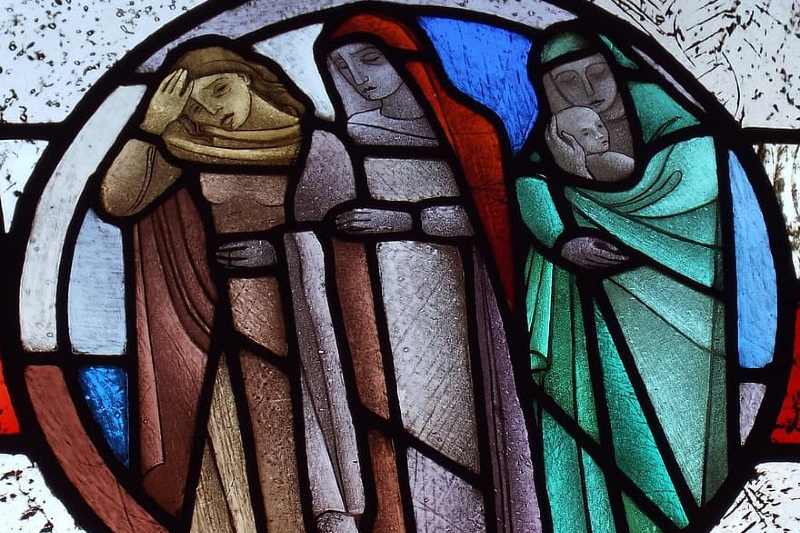
RELIGION
- Marilyn Hatton
- 27 October 2020
37 Comments
Phyllis Zagano’s latest book Women: Icons of Christ is a must read for all who desire equality for women in our world and an inclusive practice of Catholic faith. The critical issue Zagano presents in this book is that ordaining women to the deaconate is a not a new or forbidden act in Catholic history but rather a return to a practice that endured for hundreds of years.
READ MORE 
-
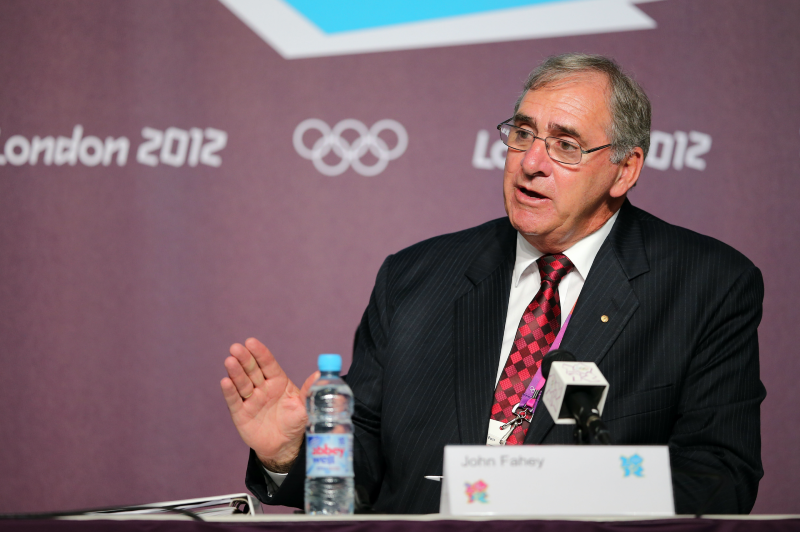
RELIGION
- John Warhurst
- 08 October 2020
39 Comments
Recent weeks have seen the deaths of former NSW Liberal Premier and federal Finance minister, John Fahey, and former Labor federal minister, Senator Susan Ryan. They were both exemplary public figures who not only made a major contribution to Australian public life but did so in a way that drew praise from all sides of politics.
READ MORE 